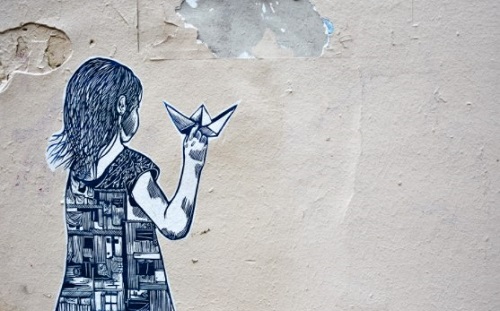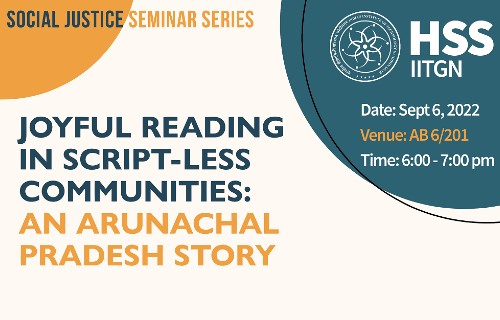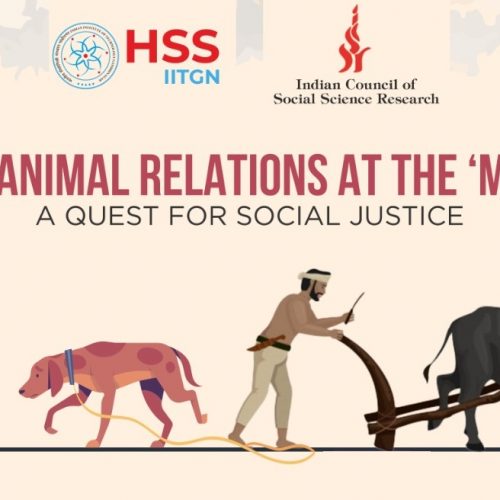About the speaker: Arvind Kumar is a PhD candidate at the RHUL with specific interest in electoral democracy and voting behaviour. His thesis- Caste, Inequality and Voting Behaviour in India explores the role caste and inequality in the rise of right-wing BJP in Indian democracy. His broader research interests include Caste/Ethnic Inequality, Political Behaviour, Party Politics, Political Economy, Political Theory, Judicial Politics and South Asian Politics.
Prior to joining PhD, Arvind Kumar obtained BA(H) in Arabic, MA in Political Science and MPhil in Political Studies from Jawaharlal Nehru University (JNU), New Delhi, and also taught as a Guest Lecturer of Political Science (2016-18) at the Department of Political Science, Satyawati College (M), University of Delhi, New Delhi, India.
He is also a contributing columnist of theprint.
Abstract: India has been witnessing growing demand for reservation from various castes/communities. The demand for reservation by the intermediary castes such as Jats, Marathas, Patidars have recently got huge public attention, but there has been a parallel demand from the most/extreme backward caste which have got lesser public attention.
The Most Backward Castes (MBCs) in the northern Indian states particularly in Uttar Pradesh have been demanding their inclusion in the SC category. The castes included in the SC category have historically faced stigma of untouchability, therefore, their inclusion in the SC category has threat of stigmatisation. Despite this, the MBCs have been demanding SC status. In my paper, I investigate the question that why do these castes are demanding SC status? What are the factors which are fuelling this demand and how do these castes plan to overcome from the stigma of untouchability?
To find the answer of above questions, I have conducted interviews of social and political elites of these castes; and I find that the demand for inclusion in the SC category is not new in Uttar Pradesh, it has only been intensified in the last two decades. I argue that the changing social structure of Indian society and prevalent status inequality, are two driving factors which have fuelled this demand.




